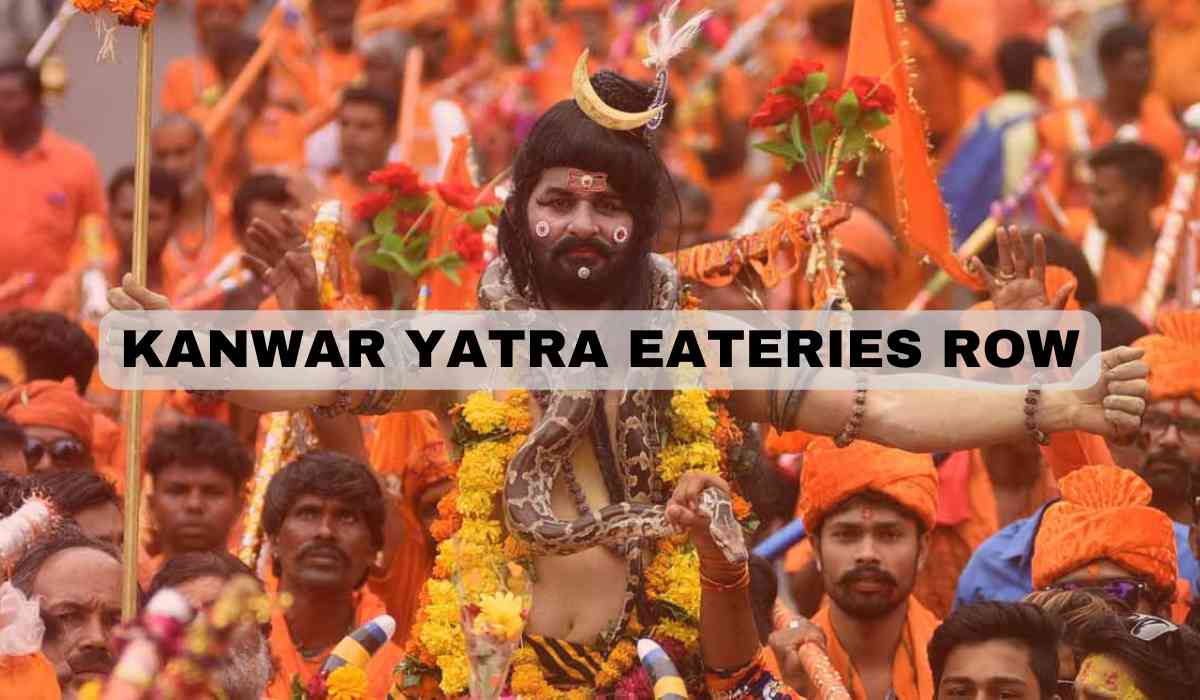The Uttar Pradesh government has recently defended its directives concerning eateries along the Kanwar Yatra route in front of the Supreme Court. These directives mandate the display of the names of eatery owners. The government argues that the primary goal of these directives is to prevent any inadvertent harm to the religious sentiments of Kanwariyas and to ensure peace and tranquillity during the pilgrimage.
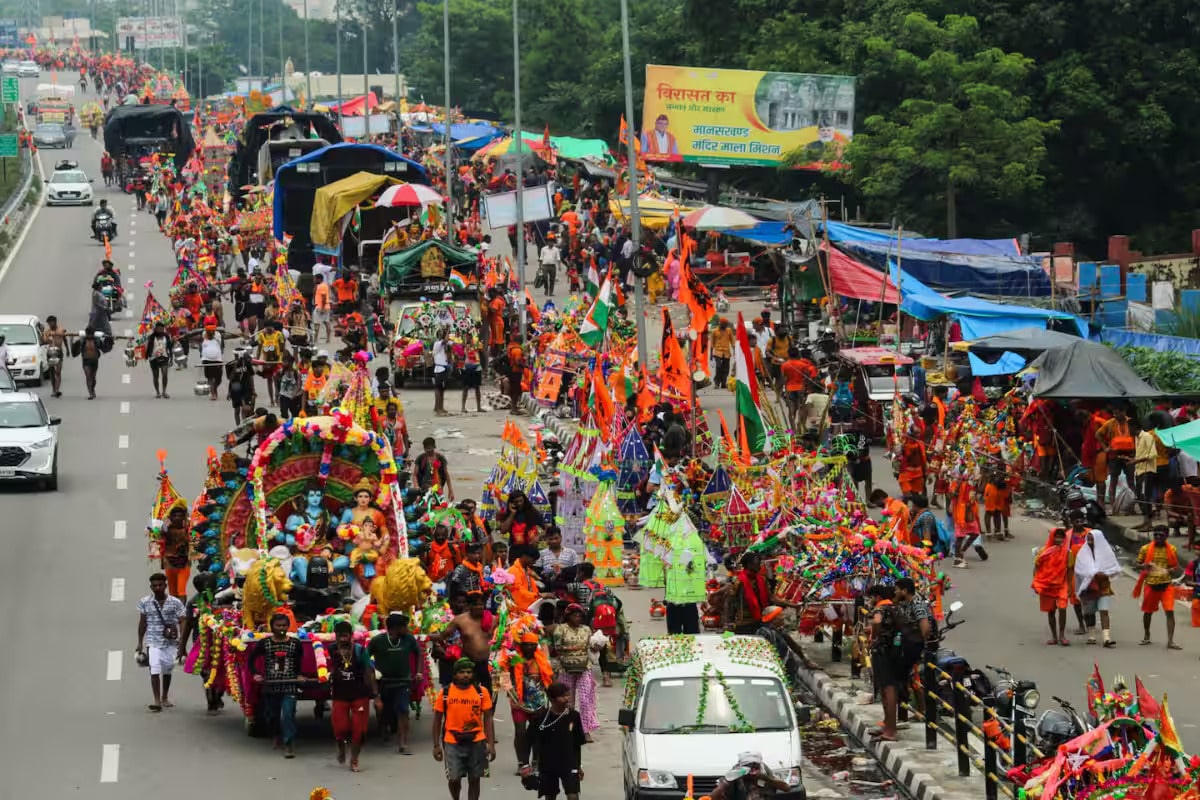
Also read: Kanwar Yatra nameplate directive paused by Supreme Court in interim order
Purpose of the Directives
-
Ensuring Religious Sensitivity
“It may be noted that the idea behind the directives is transparency and informed choice of the consumer/Kanwaria regarding the food they eat during the period of the Yatra, keeping in mind their religious sentiments so that they don't, even accidentally, fall foul of their beliefs. Such situations would obviously lead to flare-ups where lakhs and crores of people are walking barefoot carrying holy water.,” the reply stated.
-
Uniform Application
The affidavit clarifies that the directives are not discriminatory. They are uniformly applied to all food sellers along the Kanwar Yatra route, regardless of their religious or community affiliations. This uniformity aims to prevent any perception of bias and ensure fair treatment for all food vendors.
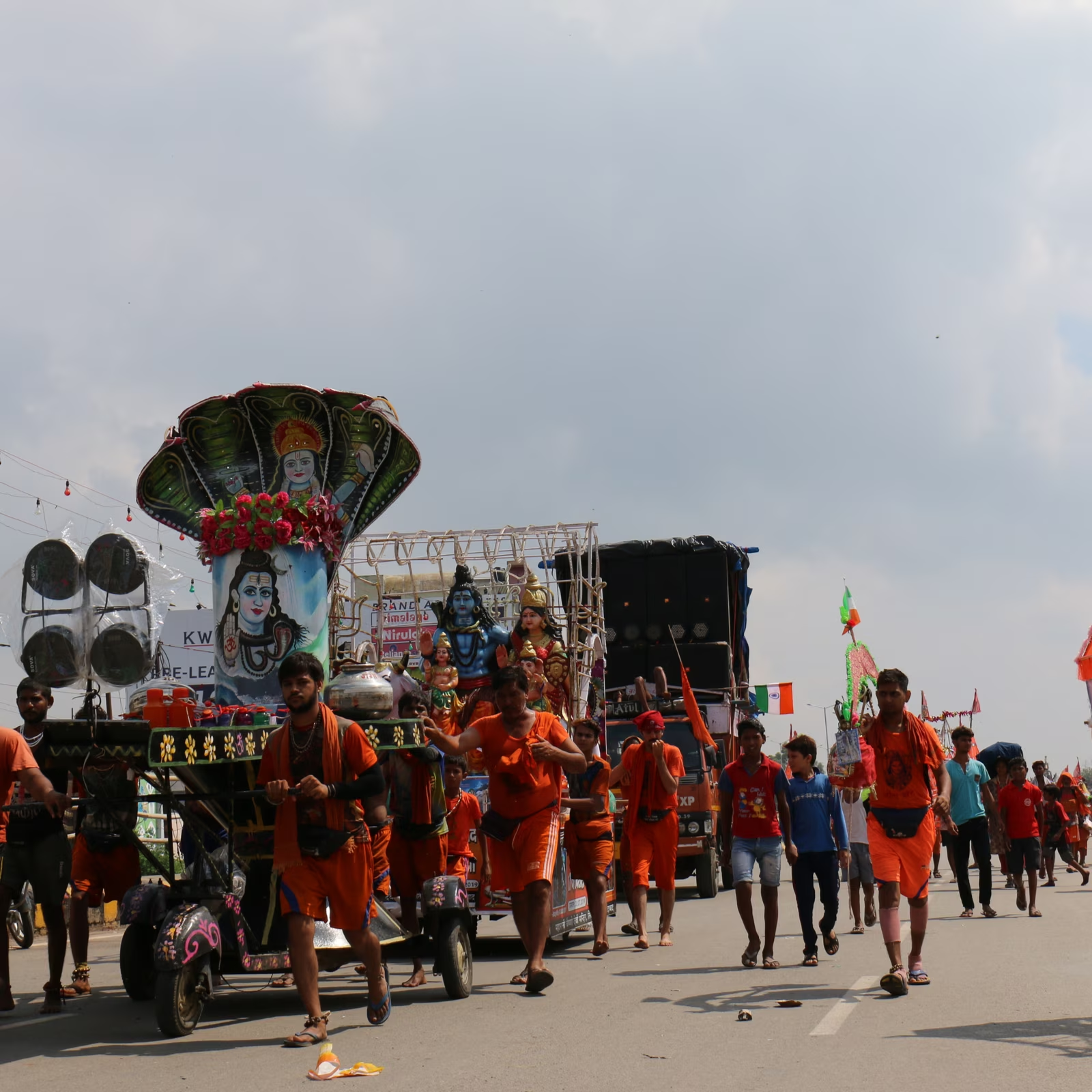
-
Preventing Communal Tensions
“The directives are also aimed at ensuring public safety and order during the Kanwar Yatra, given the large number of participants and the potential for communal tensions, it is imperative to take preventive measures that ensure a peaceful and harmonious pilgrimage. Past incidents have shown that misunderstandings regarding the type of food being sold have led to tensions and disturbances. The directives are a proactive measure to avoid such situations.”
-
Promoting Harmony
The government also defended its directives by aligning them with the fundamental duties of citizens as outlined in Article 51A of the Indian Constitution. This article calls upon every citizen to promote harmony and the spirit of common brotherhood among all people of India. By ensuring that the religious sentiments of the Kanwariyas are respected, the directives aim to foster harmony and contribute to a spirit of brotherhood and peaceful coexistence.
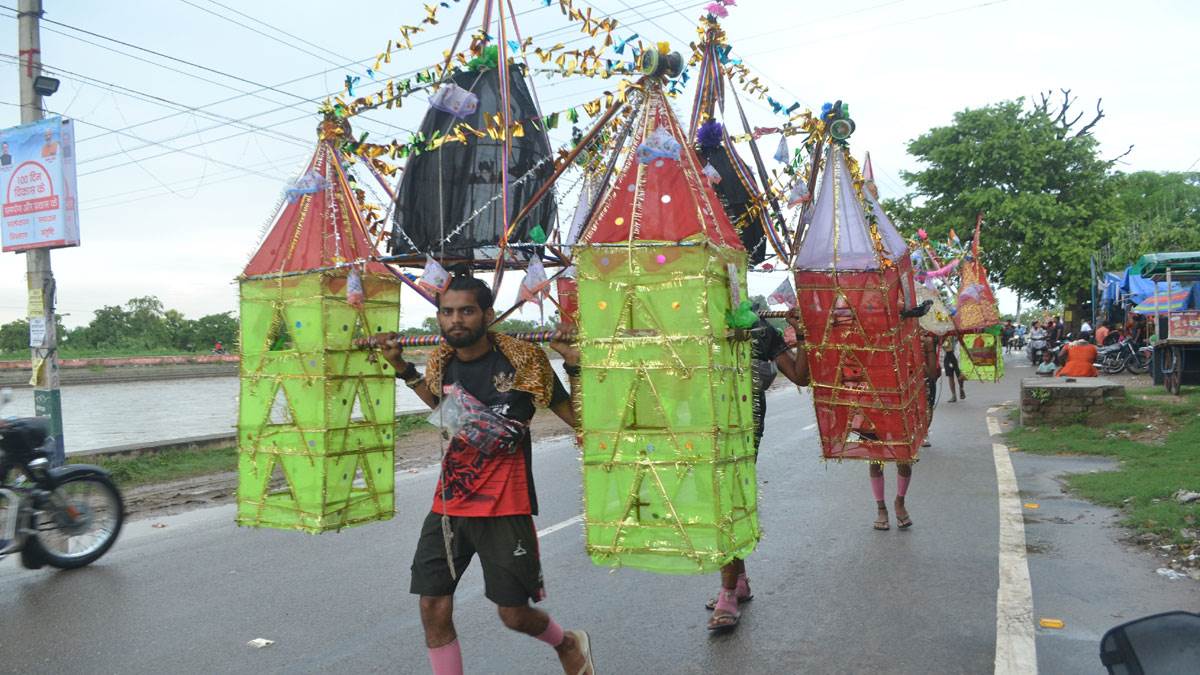
-
Response to Supreme Court's Stay
A Bench of Justices Hrishikesh Roy and SVN Bhatti recently stayed these directives, arguing that food sellers should not be forced to display the names or identities of owners. In response, the government reiterated that even minor confusions regarding the food served to Kanwariyas could hurt their religious sentiments and cause flare-ups, particularly in communally sensitive areas like Muzaffarnagar.
Background of the Kanwar Yatra
The Kanwar Yatra is an annual pilgrimage undertaken by devotees of Lord Shiva, known as Kanwariyas or "Bhole". During this pilgrimage, devotees travel to key Hindu pilgrimage sites such as Haridwar, Gaumukh, Gangotri in Uttarakhand, and Ajgaibinath in Sultanganj, Bhagalpur, Bihar, to fetch holy water from the Ganges River.
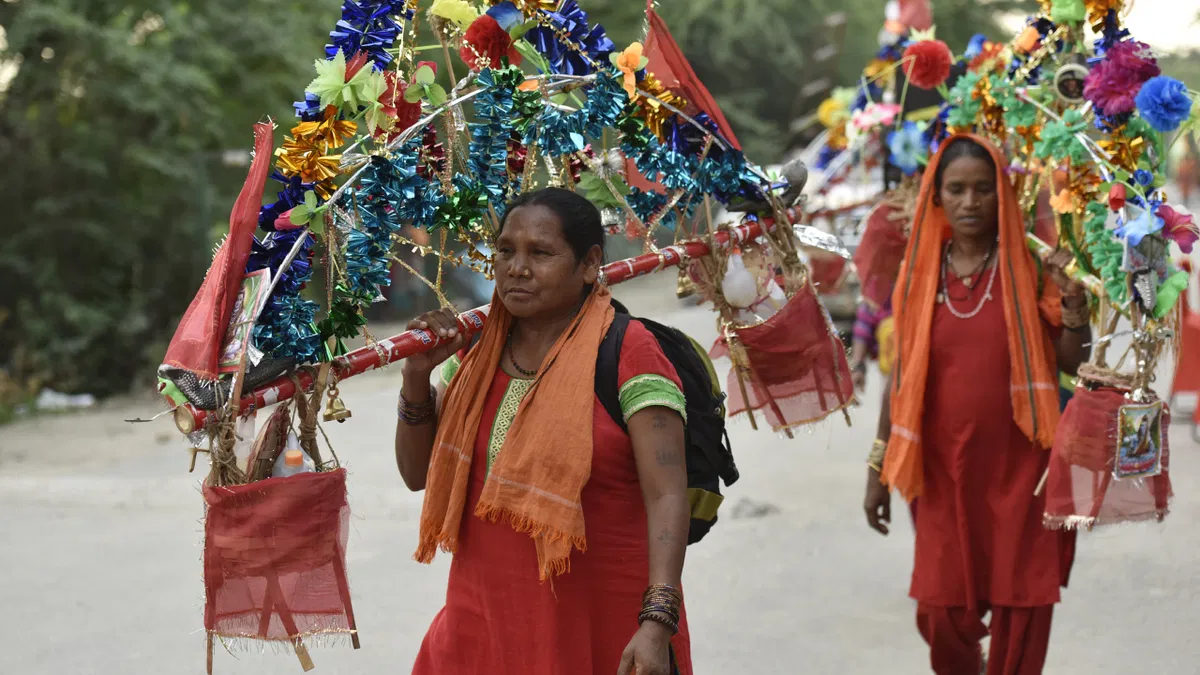
Legal Challenges
-
Directive Issuance
On July 17, 2024, the Senior Superintendent of Police, Muzaffarnagar, issued a directive requiring all eateries along the Kanwar route to display the owners' names. This directive was extended statewide on July 19, 2024, and is now being rigorously enforced across all districts of Uttar Pradesh and Uttarakhand.
-
Petitions Filed
Three petitions have been filed before the Supreme Court challenging the directive. These petitions were submitted by:
-
NGO-Association for Protection of Civil Rights (APCR)
-
TMC MP Mahua Moitra
-
Political commentator and Delhi University academic Apoorvanand Jha and columnist Aakar Patel
-
Arguments Against the Directives
The petitioners argue that the directives threaten to create a religious divide and violate the fundamental rights of citizens guaranteed under Articles 14, 15, 17, and 19 of the Indian Constitution. They also claim that the directives violate the right to privacy of the owners and workers of eateries, exposing them to danger and making them targets.
The Uttar Pradesh government's directives regarding the display of owners' names at eateries along the Kanwar Yatra route have sparked significant controversy and legal challenges. While the government argues that these measures are necessary to protect religious sentiments and maintain public order, opponents claim that they infringe upon fundamental rights and privacy. The outcome of the Supreme Court's deliberations on this matter will have important implications for religious harmony and civil liberties in the region.
With inputs from agencies
Image Source: Multiple agencies
© Copyright 2024. All Rights Reserved Powered by Vygr Media.

